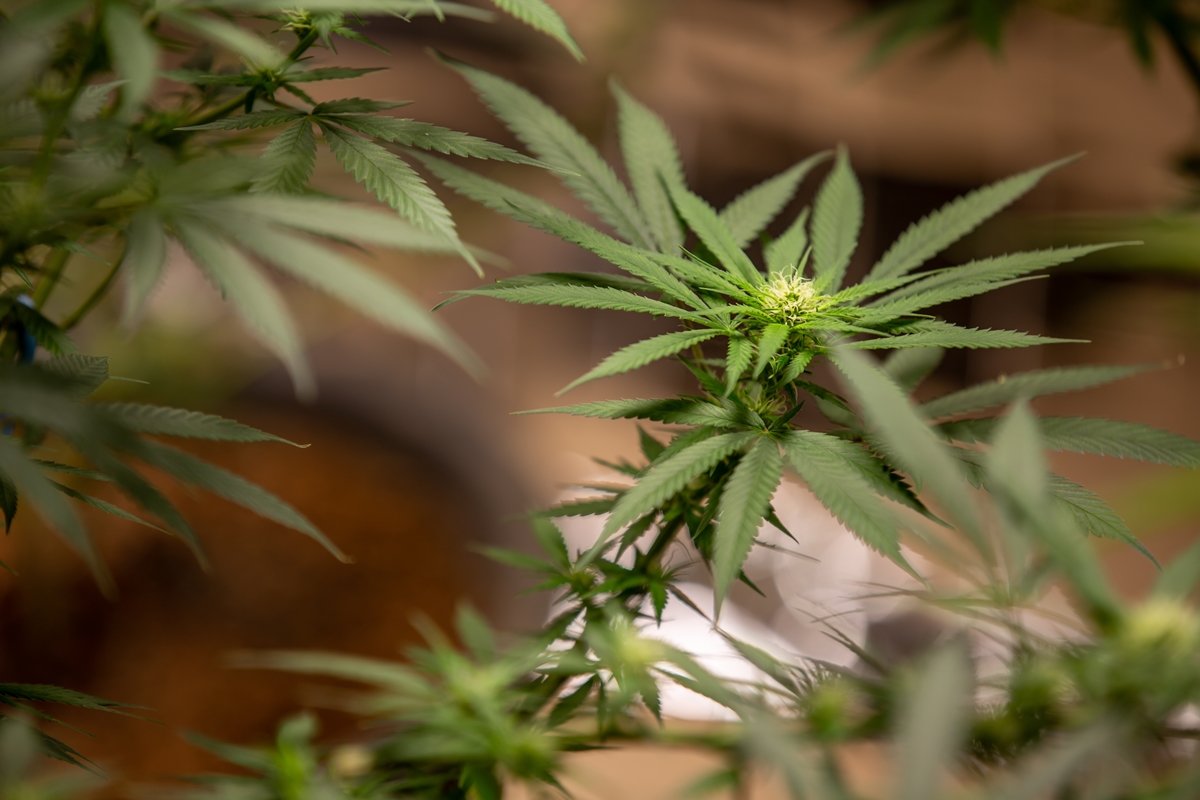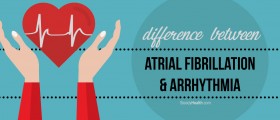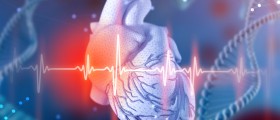Right after smoking marijuana, some changes to the normal body physiology occur. The heart rate substantially increases and the bronchial airways in the lungs relax and allow more air to pass through. However, soon the smoke from marijuana burning enters the lungs and the blood increasing a concentration of carboxyhemoglobin, this substance decreases blood capacity to transfer oxygen. Also blood vessels in the eyes enlarge and become visible turning the eyes into red.
Marijuana smokers have higher incidence of depression especially those who are regular or heavy users but it is not proven that marijuana causes depression.

Marijuana also may trigger a condition called schizophrenia a disease that causes a detachment from reality. More often, marijuana causes a less severe kind of detachment from reality known as psychosis.
Some studies have shown that teenagers who attempt suicide are more likely to have used marijuana. Also, it may cause problems with memory and difficulties in learning. Other common side effects include difficulties in concentration and problem solving and losing person's goal in life.
Anxiety and panic attacks: this is usually associated with increased heart rate, sweating and fear of death. In severe cases this may be associated with chest pain.
In addition to these effects smoking marijuana predisposes you to the same health issues as smoking tobacco, some of these conditions are bronchitis, emphysema and, on the long run, heart disease and lung cancer.
Recent studies have shown that heavy marijuana use may increase blood levels of a certain protein that raises a person's risk of vascular complications such as a heart attack or stroke.
This protein is involved in the metabolism of fat in the human body, increased levels lead to increased levels of fat compounds in the blood hardening the artery walls and hence raising the risk of heart attacks and strokes.
At ordinary marijuana smoking doses, the main substance THC will increase the sympathetic (adrenaline driven) activity. The stimulation of adrenaline receptors in the heart causes marijuana induced tachycardia. Studies suggest that marijuana may cause a rapid heart rhythm known as atrial fibrillation (AF). Atrial fibrillation is an established risk factor for stroke and heart attacks.
Marijuana causes fluctuations in the blood pressure and increase the cardiac output and causing the heart to work more increasing its nutrients and oxygen demands and predisposing it to ischemic events. These increasing demands along with the decreased ability to carry oxygen (due to carboxyhemoglobin) also increase the possibility of having a heart attack.
Studies have shown that marijuana users tend to present late to the hospital and this delay in seeking medical attention may increase complication and sometimes may even cause death. That's why it is important to call emergency when experiencing any alerting symptoms such as chest pain.
- Photo courtesy of SteadyHealth
















